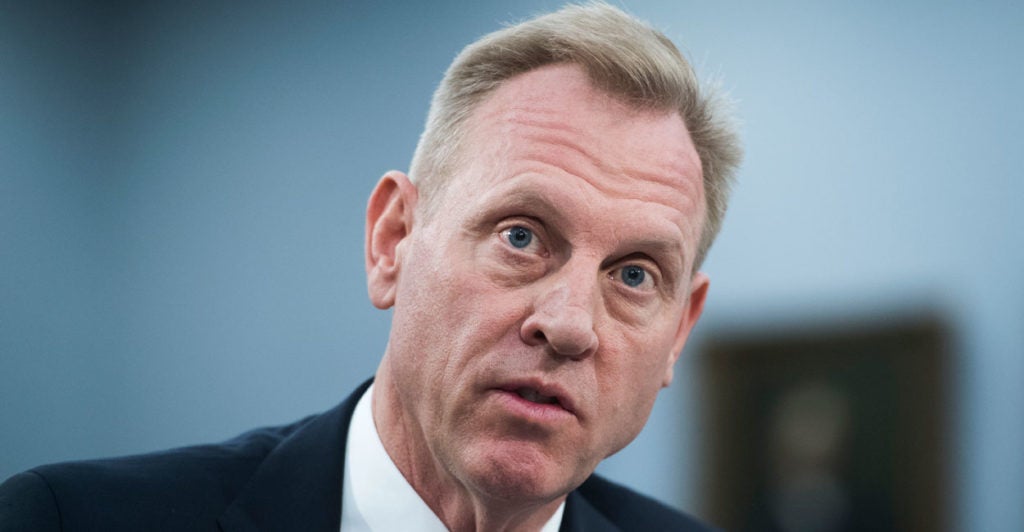President Donald Trump on Thursday nominated Deputy Secretary of Defense Patrick Shanahan to be the secretary of defense—and none too soon.
Shanahan has been the longest-serving acting secretary of defense in the nation’s history, assuming the position upon the departure of James Mattis on Jan. 1.
The nomination of a permanent secretary of defense is a good thing for America and for the Pentagon. As the Senate-confirmed defense chief, Shanahan will be able to set policy and give direction with the assurance that it will not be quickly superseded by another.
He will enjoy a greater ability to work with key allies and partners as a Cabinet official who enjoys the full confidence of the president.
Shanahan responded to his nomination by Trump by tweeting, “I am honored by today’s announcement … . If confirmed by the Senate, I will continue the aggressive implementation of our National Defense Strategy.”
While some will note that Shanahan doesn’t have the experience working with the military that his predecessor, Mattis—a retired four-star Marine general—had, those who do so overlook the fact that it was Mattis who was the exception to the normal career pattern for secretaries of defense.
With the notable exception of Gen. George C. Marshall, who was secretary of defense from 1950 to 1951, almost none have come into the job with an extensive military background. More typically, nominees are former congressmen, senators, lawyers, academics, or bureaucrats.
Shanahan has spent nearly his entire career as an executive working for the Boeing Co., in particular managing the Boeing 757 program. He’s known as a determined and hardworking leader with a zeal for obtaining performance.
In recent months, Shanahan has demonstrated that he can handle the job. He has navigated some delicate issues, including representing the United States at the Munich Security Conference in February, rolled out a controversial proposal for a Space Force, managed questions about the role of the Department of Defense on the southern border, and competently testified before Congress on the 2020 defense budget.
If confirmed by the Senate, Shanahan will not lack for challenges. There are critical policy decisions that the president will need the Pentagon’s advice on, including on Afghanistan, Syria, Venezuela, China, Russia, and others.
He also will need to seek allies and partners in Congress.
America’s national defense is critically important in these uncertain times. Having an experienced, Senate-confirmed secretary of defense is critically important, so it’s welcome news that Shanahan has been nominated for the position.
